Every choice I make has an impact, somewhere. The food I choose not only affects my 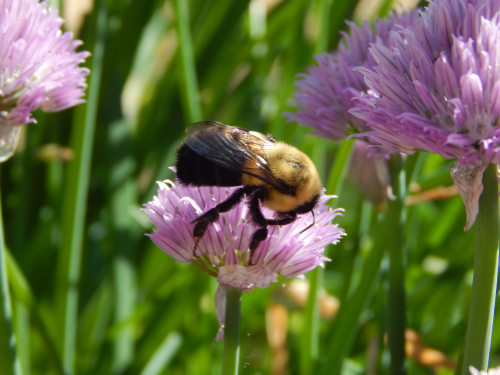 children, it also impacts the farmer and the community. If I buy local, the carbon footprint shrinks. If I buy organic, I’ve chosen a system that fundamentally focuses on how our bodies and our planet will grow naturally, without toxins. When the global issues seem out of reach, when I feel powerless, I step back and remember that my consumer choices make a difference.
children, it also impacts the farmer and the community. If I buy local, the carbon footprint shrinks. If I buy organic, I’ve chosen a system that fundamentally focuses on how our bodies and our planet will grow naturally, without toxins. When the global issues seem out of reach, when I feel powerless, I step back and remember that my consumer choices make a difference.
Organic goes beyond food. We can wear, sleep in, brush our teeth, and pamper our pets in eco-friendly products. I am constantly amazed at the array of organic products becoming available on the market. It’s exciting to see that organic is losing the label as alternative and instead becoming a normal, preferred way of life. Some of my favorite products are those we find we’ve already got in our own home like baking soda.
Here are a few interesting ideas (in no particular order) I’ve found to help fight bugs, get a good night’s sleep, or smile a little brighter.
1. Organic Mosquito Repellant: Bugged out this summer? There’s no question DEET – the chemical used by many major brands of mosquito repellants – works. But at what price? Mosquitos are a pesky problem, and the use of harsh, chemical-laden sprays and lotions will eventually take a toll on the liver in the detoxication process. We also must not forget that choosing chemicals also means supporting a system that makes our planet more toxic. Not only do we have to manufacture it, we have to dispose of it. I’ve fought back many mosquito climates and swear the alternatives work. The only difference is use it often as the natural scent will wear off. A few good examples I like are Bite Blocker or Burt’s Bees Herbal Insect Repellent, which just smells so yummy it’s kind of nice to dab a little on even when there isn’t a mosquito in sight!
2. Organic Mattress: It’s said we spend a 1/3 of our life sleeping. Imagine how many particles of inorganic chemicals we’re breathing every night. Where you rest might be a great place to control more of your environment. Wouldn’t you rather snuggle up to organic cotton or wool? An example of an organic mattress can be found at Janice’s. However, there’s no need to stop at the mattress. The entire bed can be an organic haven complete with pillows, sheets, and covers. It’ll make counting sheep so much easier and that much better for you and the planet.
3. Organic Pet Toys: We just can’t leave our pets out of the organic revolution! Sure most of might know organic pet food is available, but did you know you can get organic chew toys? A favorite I’ve found is by Simply Fido. It’s a plush bone that is great for a puppy’s chewing stage or a larger dogs comfort toy. In the case of the my dogs, which were more like the “Marley and Me” kind, it helps become a safe alternative to chewing the couch to bits. SimplyFido sights the fact that by adding pets to our organic list in the home, we do that much more for the environment. It adds up. With 43 million households in the U.S. alone owning dogs, it can make a big difference.
4. Organic Shoes: Shoes seems a natural step in going organic. When going barefoot might not be a good option, organic shoes are perhaps the next best choice. Mahalo shoes says it’s organic line gives a more natural way to put one foot in front of the other. Did you know shoes are made from hemp? Not to mention socks, underwear, shirts…
5. Organic Teeth Whitener: Right in your own cupboard can be quick, affordable, and easy ways to whiten your teeth. Teeth whitening methods can contain a lot of chemicals including bleach. Sometimes making decisions under the glaring light of the dentist’s chair with all those sharp instruments nearby is not the best place to decide on what to do with stained, yellowed teeth. A good place to start the decision making process is at home.
Baking soda, lemons, strawberries, orange rinds, and now activated charcoal has become popular. These rank as a good place to start getting a brighter smile. Other tips are changing a few habits like drinking staining beverages such as coffee and red wine; using a straw; eating more crunchy vegetables; and simply rinsing with water after you’ve indulged in any of those darker drinks. What better way to avoid a the dentist chair than taking charge of more health care right in your own home? Then, if you still can’t do without that super-pearly white smile, at least you’ve gone in informed and instilled with a few more healthy, organic lifestyle choices.
From top to bottom; from pests to pets, we can all go more natural and chemical free. Price can still be an issue with a few items but adding a product here and there can be a way to ease into the system. Overall, my favorite organic products are those we find we’ve already got in our own home like baking soda. With some ingenuity and forethought we can save a few bucks; help the planet; and toss Rover a healthy bone to chew on.

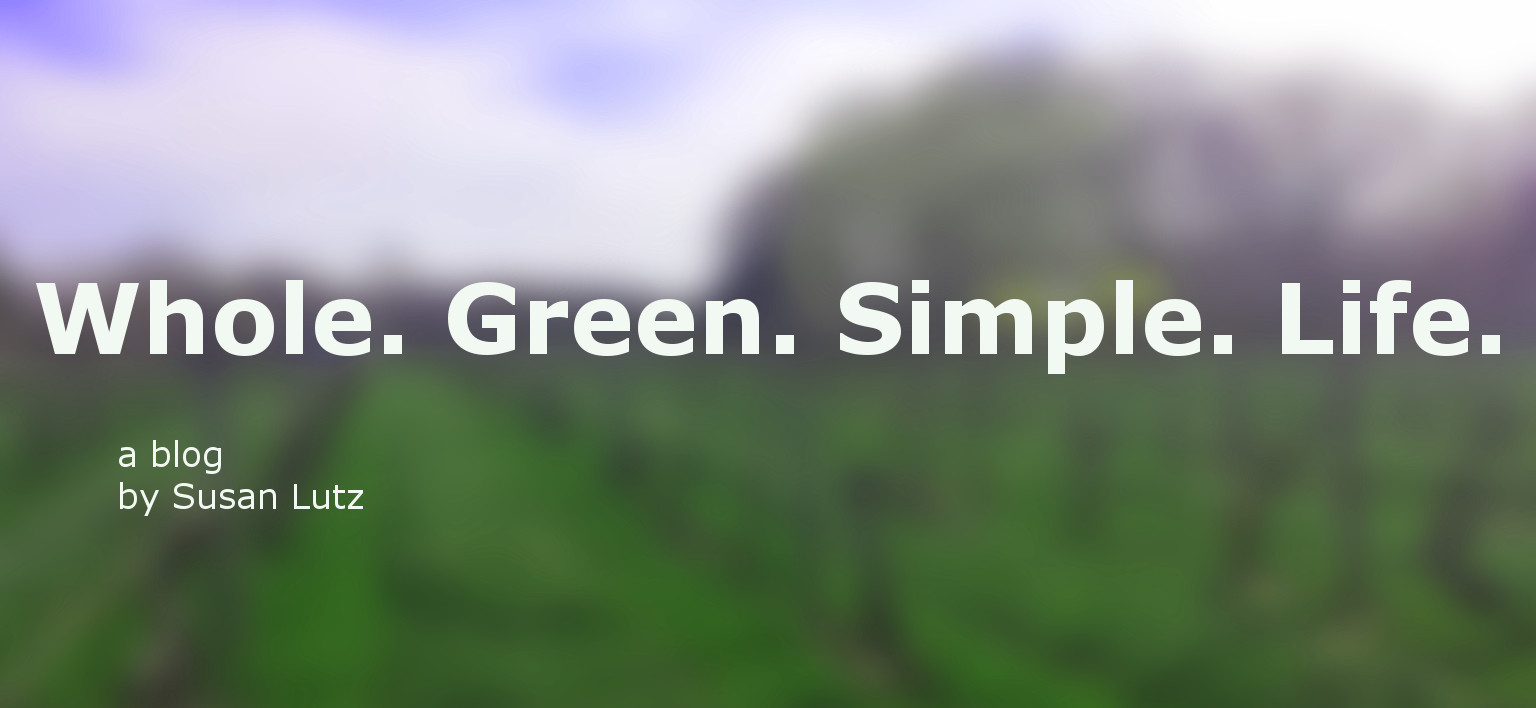
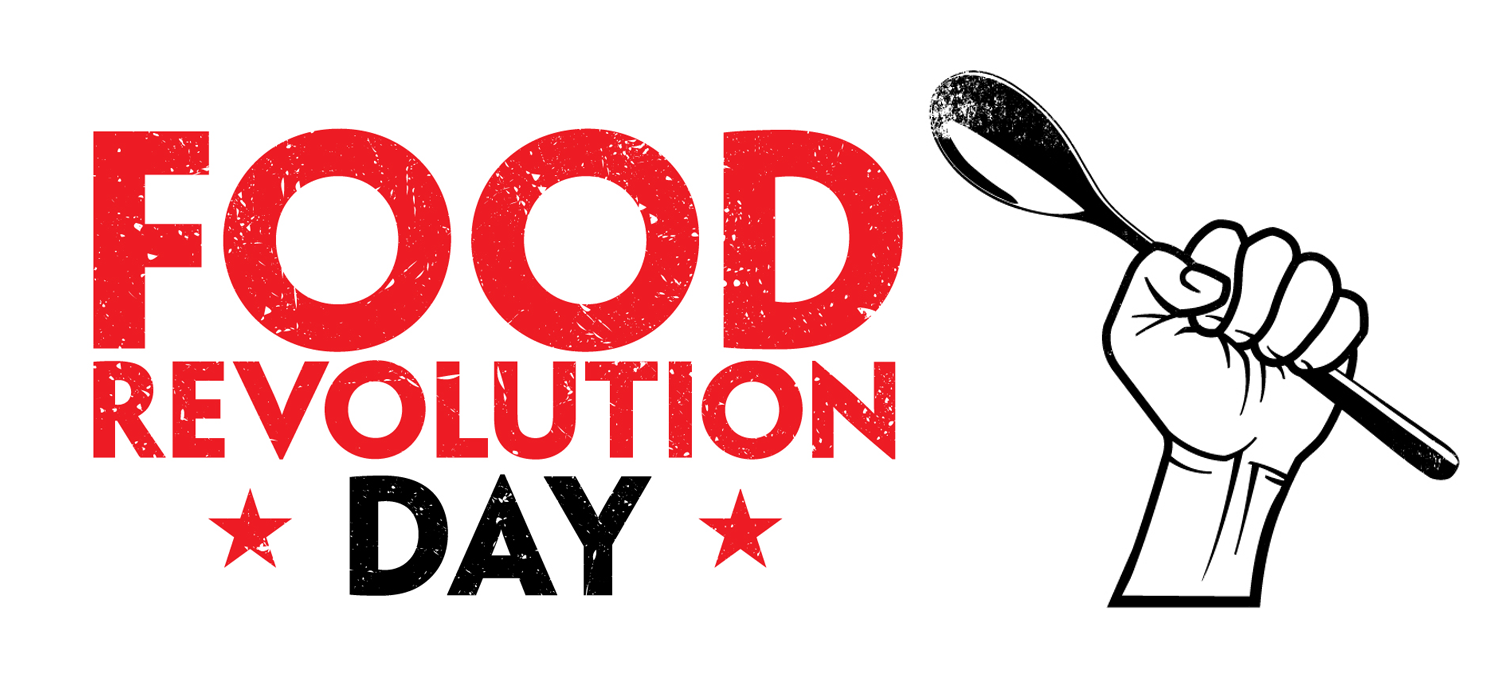
 Jamie Oliver takes on the tough subjects. His goal is to implement food education in the school system. Not easy. I’ve worked in schools, and I’ve owned my own restaurant where I’ve watched this organic, eat-better/grow-better food movement on a national and international level. From Central America to Europe to the US, organic food and better eating practices are shaking up the way tradition has boxed in food. Oliver also aims to pave a path towards better eating at home. Also not an easy task. Even for me, an organic girl from way back, I struggle to feed my family with organic food and as little sugar and fats as possible. Challenging? Yes. Impossible? No. We can’t continue stuffing ourselves as the conventional model wants us to do. The more we demand higher quality, the more we’ll get it – and at a better price.
Jamie Oliver takes on the tough subjects. His goal is to implement food education in the school system. Not easy. I’ve worked in schools, and I’ve owned my own restaurant where I’ve watched this organic, eat-better/grow-better food movement on a national and international level. From Central America to Europe to the US, organic food and better eating practices are shaking up the way tradition has boxed in food. Oliver also aims to pave a path towards better eating at home. Also not an easy task. Even for me, an organic girl from way back, I struggle to feed my family with organic food and as little sugar and fats as possible. Challenging? Yes. Impossible? No. We can’t continue stuffing ourselves as the conventional model wants us to do. The more we demand higher quality, the more we’ll get it – and at a better price.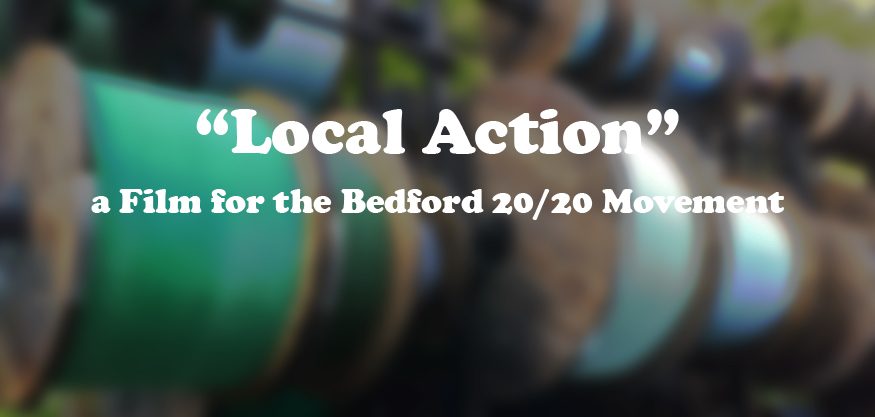
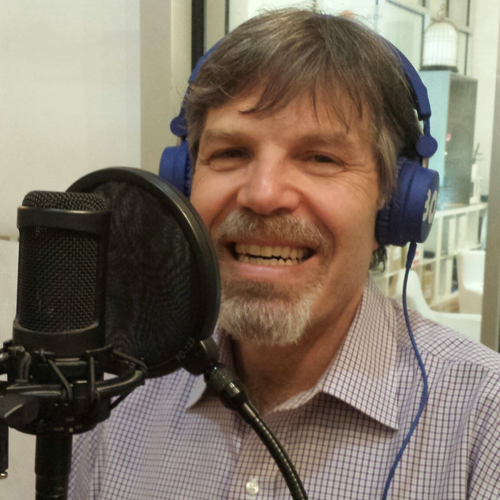 Nick Gutfreund, founder of Long Run Media, is my guest this week, and we discuss how film is a powerful tool to educate and communicate messages, to help promote participation in the eco-movement. He is currently working on a documentary entitled “Local Action,” which focuses on grassroots community groups, and how those groups move to build awareness of environmental and social issues. Local organizations are the change agents who help create solutions for a more sustainable planet. Please visit
Nick Gutfreund, founder of Long Run Media, is my guest this week, and we discuss how film is a powerful tool to educate and communicate messages, to help promote participation in the eco-movement. He is currently working on a documentary entitled “Local Action,” which focuses on grassroots community groups, and how those groups move to build awareness of environmental and social issues. Local organizations are the change agents who help create solutions for a more sustainable planet. Please visit 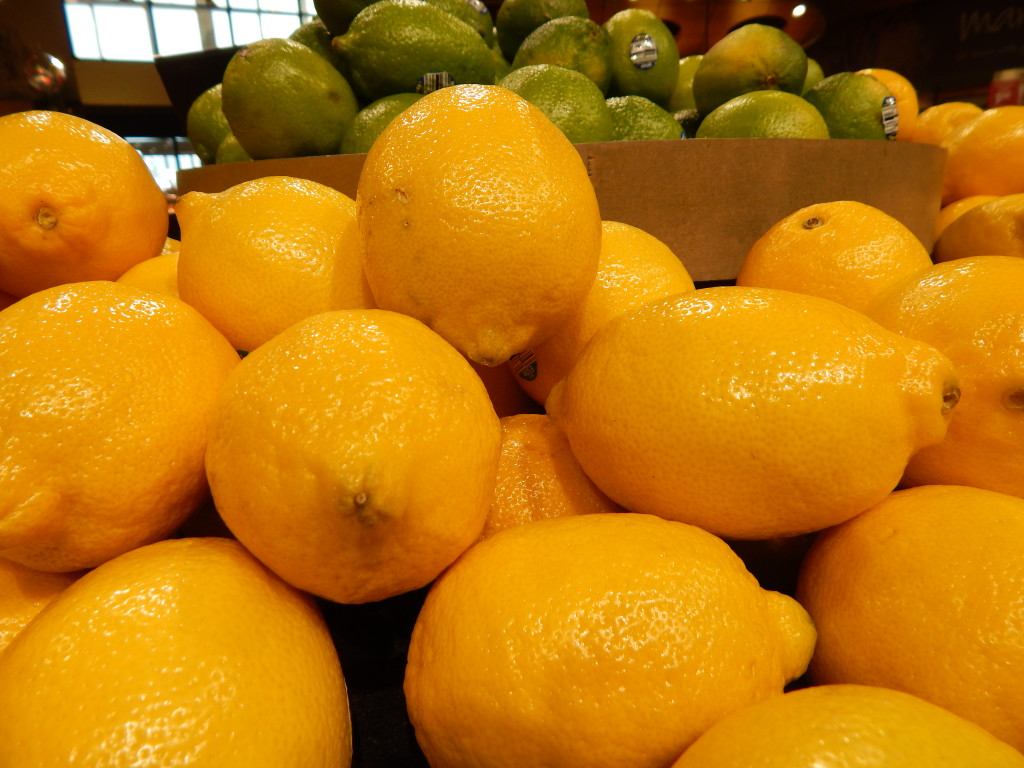 The simplest spring cleaning ideas can be found around the home. Under the sink and in the cupboard are ingredients with the power to clean easily and organically. Here are a few of my favorites:
The simplest spring cleaning ideas can be found around the home. Under the sink and in the cupboard are ingredients with the power to clean easily and organically. Here are a few of my favorites: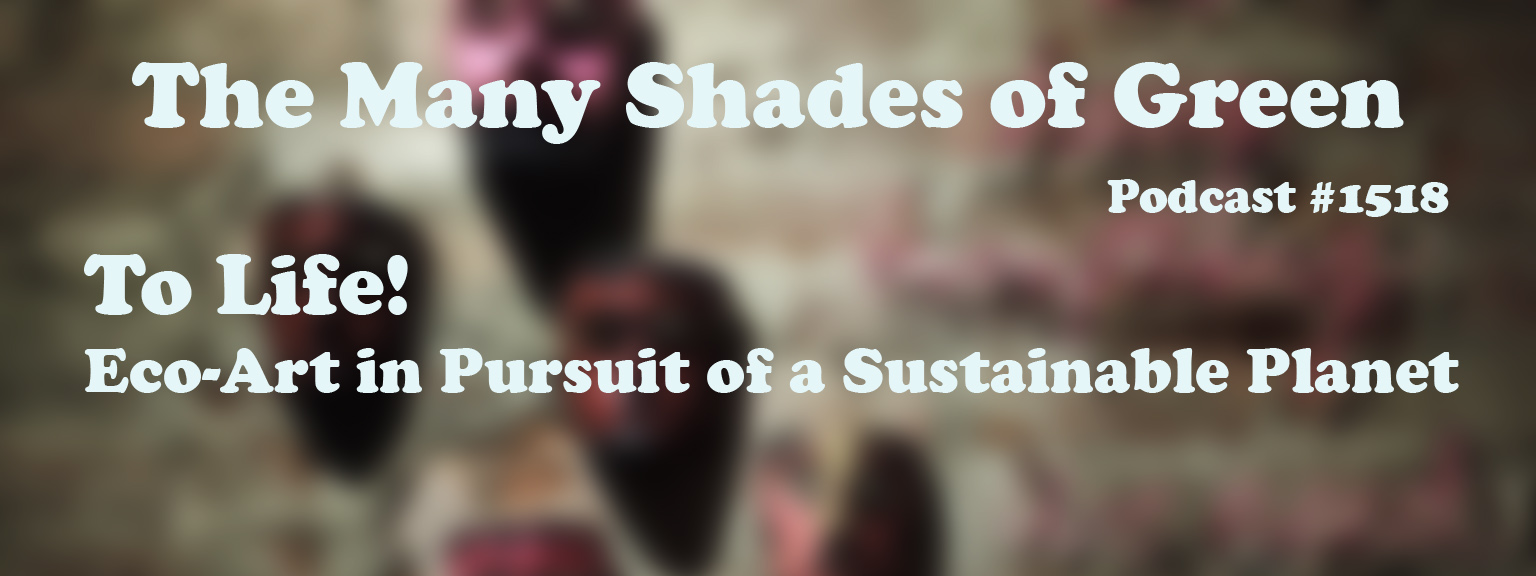
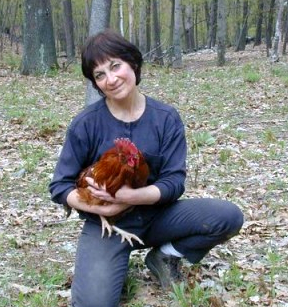
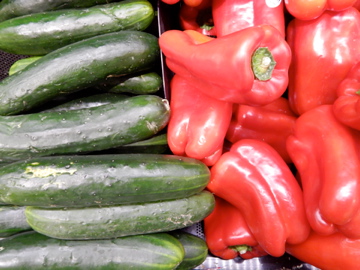 At times, I pile the bags of food in my car after spending a boatload of money and feel lost. With all my research and knowledge of the world of organics, I should radiate confidence. Instead, I doubt my choices and wonder if I even make a difference in what I feed my family.
At times, I pile the bags of food in my car after spending a boatload of money and feel lost. With all my research and knowledge of the world of organics, I should radiate confidence. Instead, I doubt my choices and wonder if I even make a difference in what I feed my family.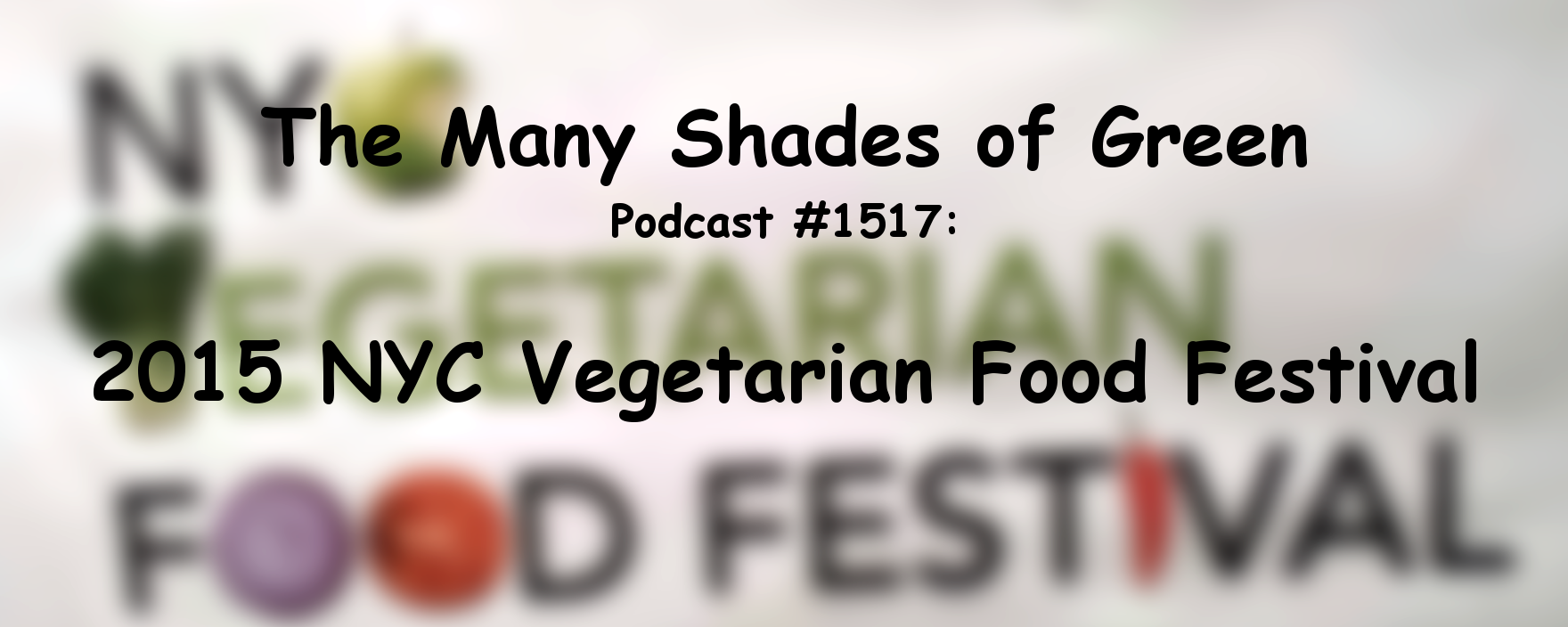
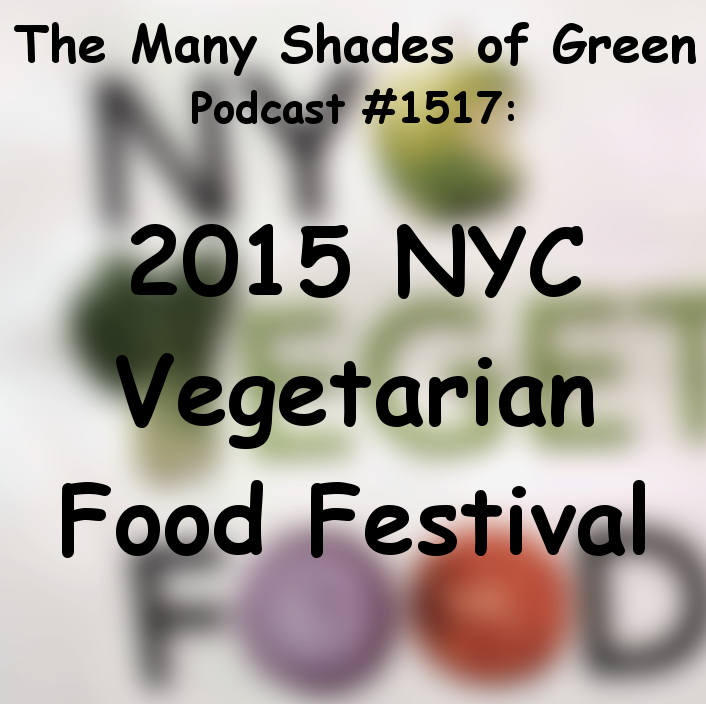 Be Kind to Animals, Don’t Be Cruel, Eat Your Veggies. All these phrases come together on this week’s program, as we celebrate vegetarian cuisine and cruelty free living at the New York City Vegetarian Food Festival. We spoke with Zoe Weil, Co-founder and president of the Institute for Humane Education, Nora Kramer, Founder and Executive Director of YEA (Youth Empowerment Action) Camp, Annie Hauck Lawson, Founder of Brooklyn Mompost, Susan Hargreaves, Founder of Animal Hero Kids, and Isis Phillips, Executive Director of Indy Kids. It was a pleasure speaking with all this dynamic and amazing women, who do so much to make the world a better place. For more information on these organizations go to
Be Kind to Animals, Don’t Be Cruel, Eat Your Veggies. All these phrases come together on this week’s program, as we celebrate vegetarian cuisine and cruelty free living at the New York City Vegetarian Food Festival. We spoke with Zoe Weil, Co-founder and president of the Institute for Humane Education, Nora Kramer, Founder and Executive Director of YEA (Youth Empowerment Action) Camp, Annie Hauck Lawson, Founder of Brooklyn Mompost, Susan Hargreaves, Founder of Animal Hero Kids, and Isis Phillips, Executive Director of Indy Kids. It was a pleasure speaking with all this dynamic and amazing women, who do so much to make the world a better place. For more information on these organizations go to 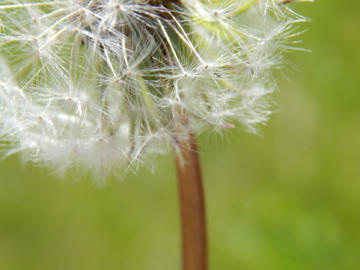 Meditating on a mountaintop never did it for me. I’ve been there. Climbed high; stretched my arms out; and reached for the sun on the horizon. Then, I’d turn around and realized I’d have to go down. The search for the ideal, whole, simple life would have to continue after the vacation ended. Life called me back into the hectic fold.
Meditating on a mountaintop never did it for me. I’ve been there. Climbed high; stretched my arms out; and reached for the sun on the horizon. Then, I’d turn around and realized I’d have to go down. The search for the ideal, whole, simple life would have to continue after the vacation ended. Life called me back into the hectic fold.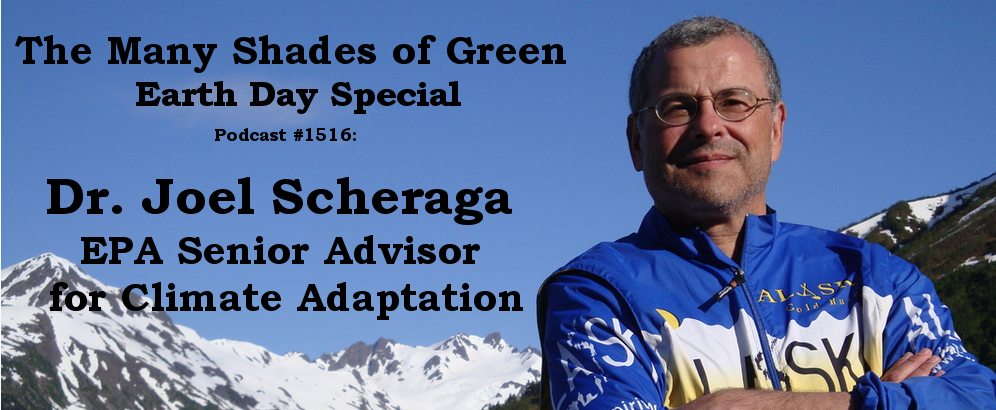
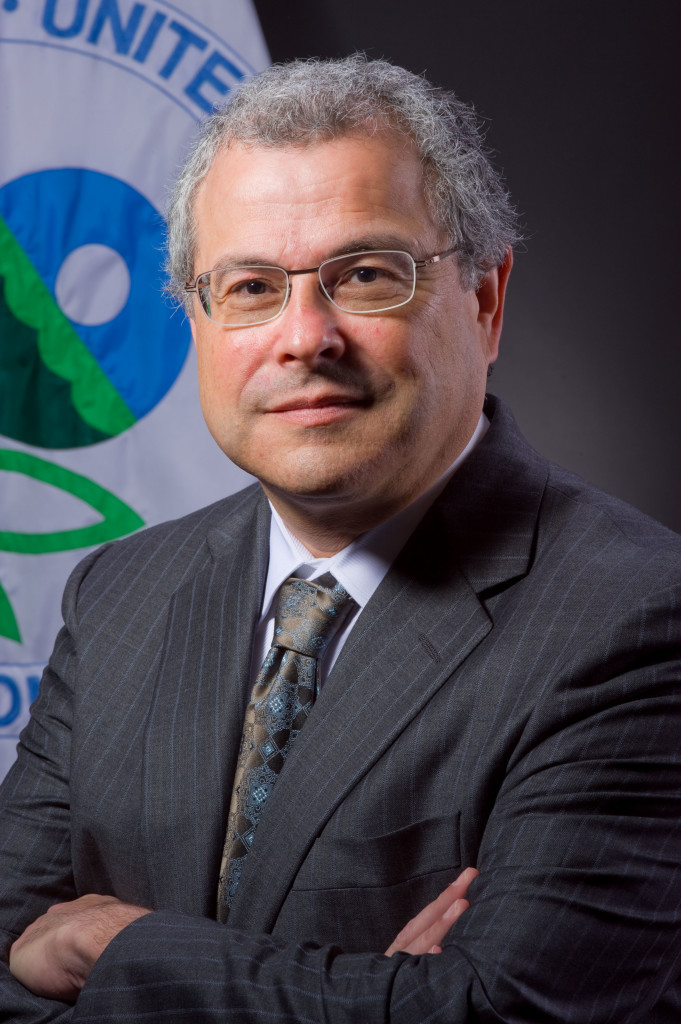 The First Earth Day took place on April 22,1970 and on this week’s episode, we celebrate the 45th Anniversary of Earth Day, as well as the 45th year of the EPA, with special guest, Dr. Joel Scheraga, Senior Advisor for Climate Adaptation at the U.S. Environmental Protection Agency. The climate is changing, and we have to adapt to the results of those changes, which are coming in the form of more intense weather, super storms, droughts, pollution, and an increase in greenhouse gas emissions. The change in climate is causing the oceans to get warmer, and
The First Earth Day took place on April 22,1970 and on this week’s episode, we celebrate the 45th Anniversary of Earth Day, as well as the 45th year of the EPA, with special guest, Dr. Joel Scheraga, Senior Advisor for Climate Adaptation at the U.S. Environmental Protection Agency. The climate is changing, and we have to adapt to the results of those changes, which are coming in the form of more intense weather, super storms, droughts, pollution, and an increase in greenhouse gas emissions. The change in climate is causing the oceans to get warmer, and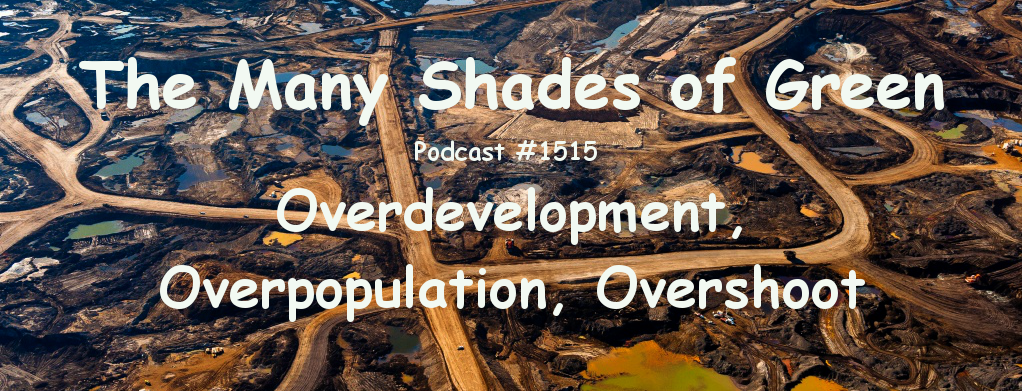
 Overdevelopment, Overpopulation, Overshoot – Tom Butler’s new large format coffee table book, tells the story of how population increase, and the rise of the industrial complex, has led to social, economic and environmental problems world wide. The phrase ” a picture’s worth a thousand words” is most evident in the photos taken during this three year journey to expose man’s quest to dominate the planet, and leave sprawl, over growth, disease and destruction in its path. We over indulge, over-plug, and over saturate this beautiful planet, with blatant di
Overdevelopment, Overpopulation, Overshoot – Tom Butler’s new large format coffee table book, tells the story of how population increase, and the rise of the industrial complex, has led to social, economic and environmental problems world wide. The phrase ” a picture’s worth a thousand words” is most evident in the photos taken during this three year journey to expose man’s quest to dominate the planet, and leave sprawl, over growth, disease and destruction in its path. We over indulge, over-plug, and over saturate this beautiful planet, with blatant di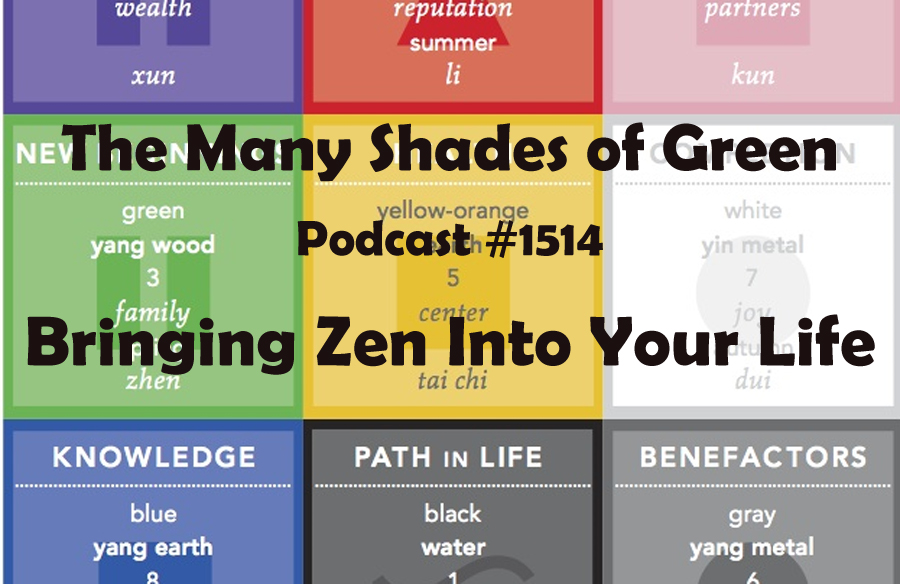
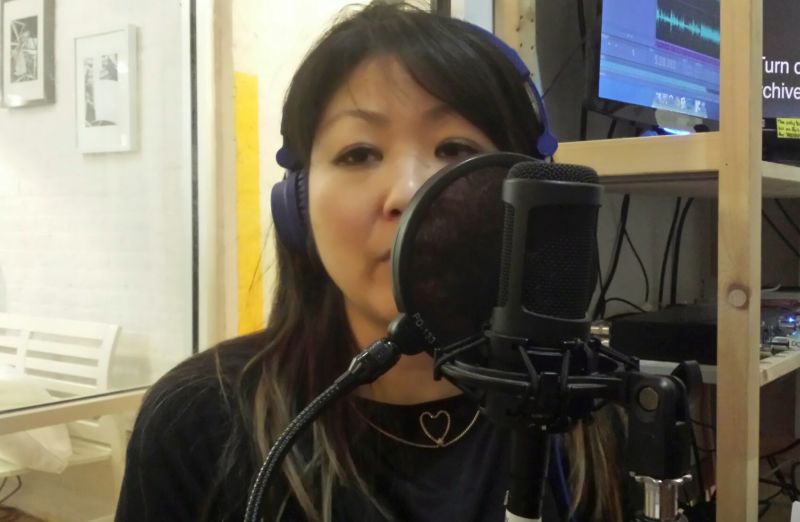
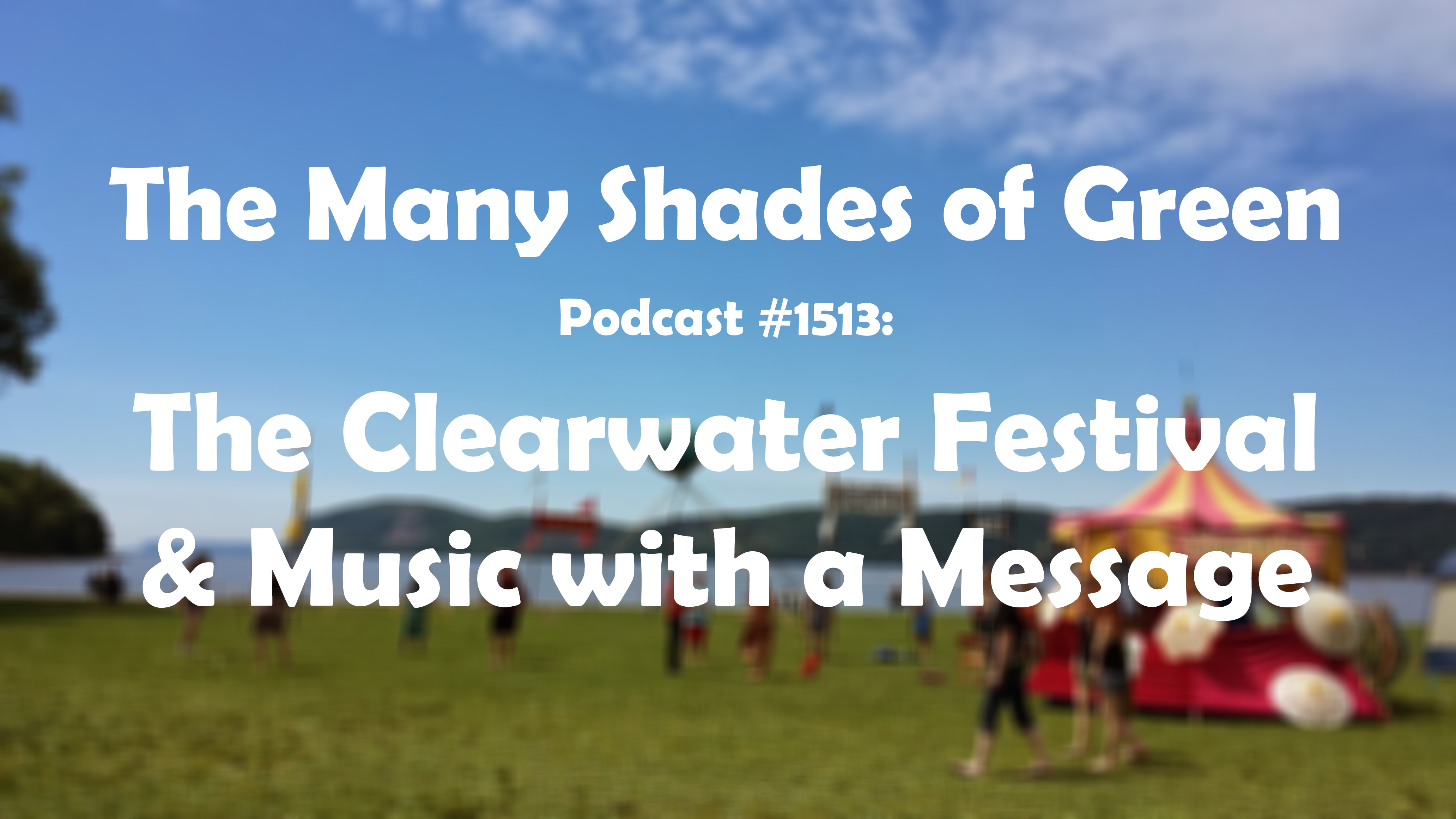
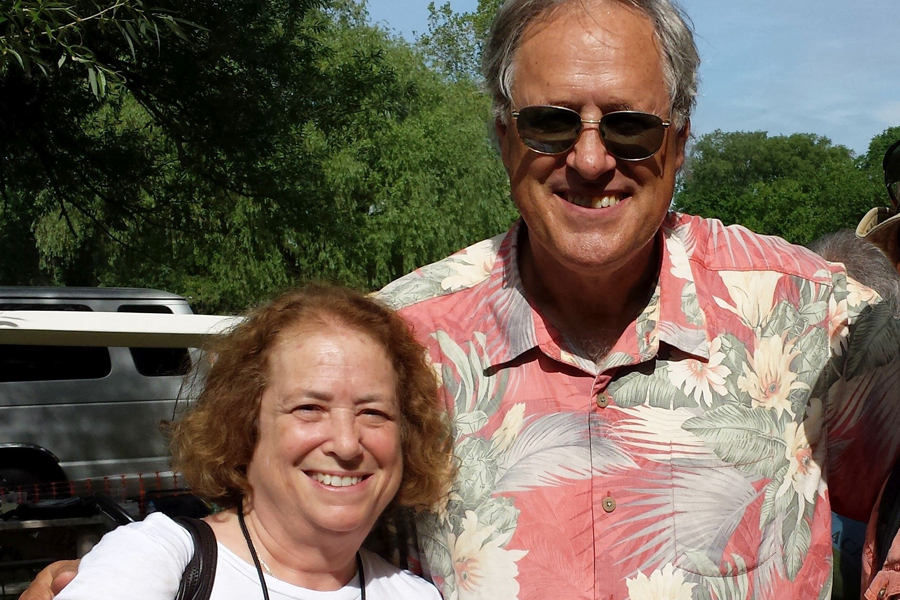 The Clearwater Festival was like stepping into a time warp and re-living moments of Peace, Love and Understanding through music, activism and innovation. It was wonderful to roam the festival grounds at Croton Point Park with my co-producer Abba Carmichael, my sound engineer Brian Horowitz, and summer research assistant Marco Spodek. We met and chatted with wonderful musical artists Dar Williams, Tom Chapin and more. The festival was dedicated to the late and legendary, Pete Seeger, who was the original founder of the festival. Various versions of the song Wimoweh/The Lion Sleeps Tonight, a song near and dear to me, filled the air throughout the day. I highly recommend attending the festival, so check out
The Clearwater Festival was like stepping into a time warp and re-living moments of Peace, Love and Understanding through music, activism and innovation. It was wonderful to roam the festival grounds at Croton Point Park with my co-producer Abba Carmichael, my sound engineer Brian Horowitz, and summer research assistant Marco Spodek. We met and chatted with wonderful musical artists Dar Williams, Tom Chapin and more. The festival was dedicated to the late and legendary, Pete Seeger, who was the original founder of the festival. Various versions of the song Wimoweh/The Lion Sleeps Tonight, a song near and dear to me, filled the air throughout the day. I highly recommend attending the festival, so check out